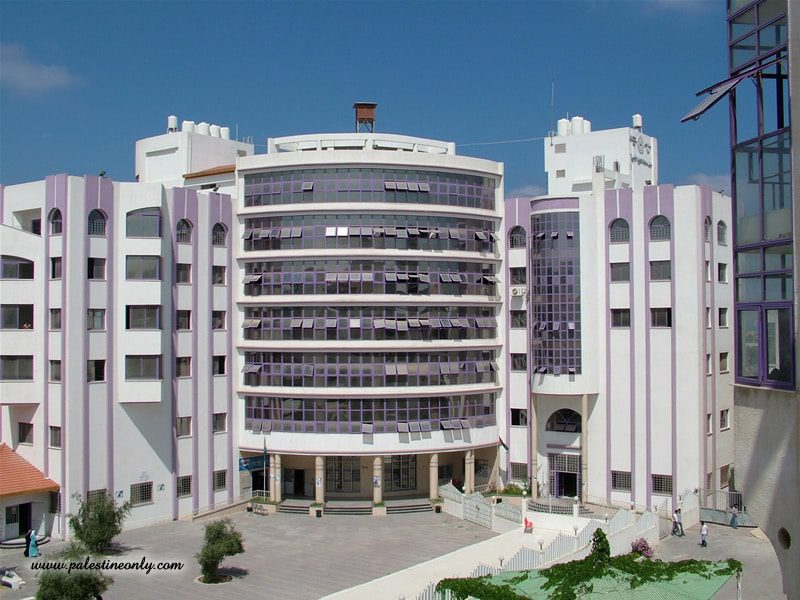
Introduction
The average population age in Palestine is very young – seven out of ten Palestinians are younger than 29 years of age – and education participation is high. Palestinians attach great value to education and this cannot be viewed separately from the situation after 1948. As a result, on average, Palestinians are the highest educated population group in the Arab world. In principle, Palestinian youths complete four stadia in their education: upon reaching the age of four, a child goes to infant school for two years. This is followed by ten years of primary school. Compulsory school attendance is limited to these ten years (i.e. up till the age of fifteen). After primary school there is the possibility to attend a secondary school for two years. Based upon a pupil’s marks in his final primary school report, pupils are divided into three categories: those with the highest marks are prepared for an education in the exact sciences; those with lower grades are prepared for an education learning languages or in social sciences; the others are prepared for a technical and vocational training. National exams are taken at the end of secondary school (al-tawjihi, literally ‘orientation’).
The Tawjihi Grade
Besides subjects chosen, the average tawjihi grade also determines the field of study that a student is admitted to at university (with medicine as the highest education). Sometimes school pupils stay down a year and retake their final exams despite having passed, if they have underachieved on their tawjihi exams for some unforeseen reason, and are thus limited in their choice of study.
The exact conditions for admission to a field of study are determined each year depending on the number of students; this means that the selection criteria are modified slightly each year. A Bachelor degree takes four years of study, a master degree another two. A technical and vocational training takes four years.
Education Types
The education in Palestine is divided into three types of school systems: state schools, private (denominational) schools linked to one of the church communities and – exclusively for refugees – the United Nations Relief and Works Agency (UNRWA) schools. Of the three types, the education at the private schools has the highest ratings.
The number of pupils is very large because of the rapid growth of the Palestinian population. This has caused logistical problems and has put a strain on the quality of education. The average length of time spent at school or university is increasing; as a result, participation in secondary, technical and university education has risen. It is noteworthy that more girls and women enter into secondary and university education than boys and men, both in the West Bank and the Gaza Strip.

